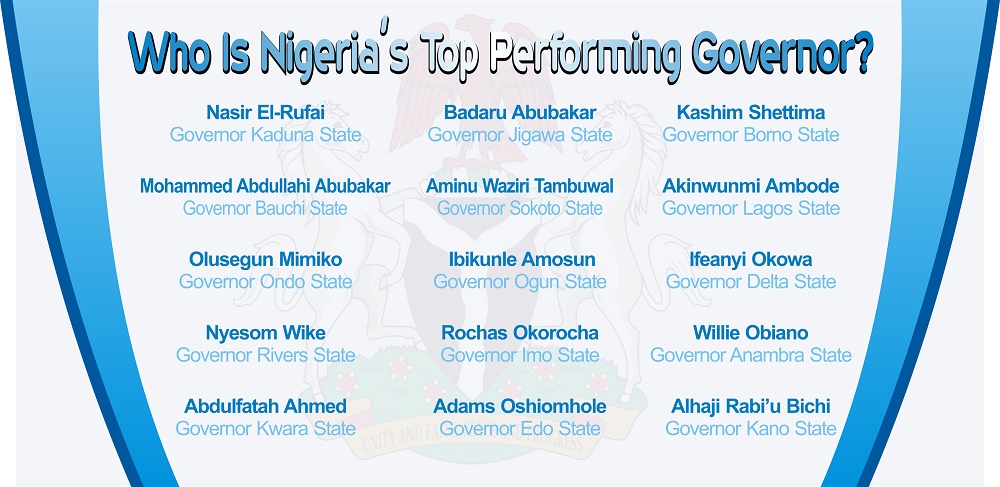
Secretary-General Ban Ki-moon in a Group Photo with participants of the 24th Ordinary Session of the Assembly of the African Union.
H.E. Mr. Hailemariam Dessalegn, Prime Minister of Ethiopia.
By Solomon Dibaba
Ethiopia is a pioneering nation in recognizing and supporting the establishment of a global organization that is expected to chart out strategies for global peace and development. On August 1, 1923, Ras Teferi, the regent and heir to the Ethiopian throne officially applied for Ethiopia’s membership in the League of Nations which was established in 1920.
The country became a full member of the League of Nations on September 28, 1923 with full expectation that the nation would benefit by becoming a member of an organization composed of the international community of nations.
At the threshold of the Second World War, Benito Mussolini, Italy’s fascist dictator, dreamed carving out a “New Roman Empire” around the Mediterranean Sea and northern Africa.
Benito Mussolini deliberately and with all intents and purposes provoked the Walwal Incident along the border between Ethiopia and Italian Somaliland.
The Italians contrived a border dispute and occupied Walwal in 1930. After a boarder clash in 1934, Mussolini claimed that Italy had been wronged and demanded satisfaction. Ethiopia appealed to the League for arbitration. But the League’s response was sluggish at best.
Putting faith on the League, Emperor Haile-Selassie, complained to the global organization, calling on the League to invoke its doctrine of collective security which considers an attack on one member of the League was supposed to be regarded as an attack on all members.
Indeed, it was this protection that had inspired the emperor to apply for membership to join the League in the first place against the wishes of the hostile nobility who wanted no part of a “foreigners” League.
Emperor Haile-Selassie’s made a famous speech admonishing the League for its failure to assist Ethiopia. This indeed was one of the major reasons behind the adoption of collective security and the cooperation that formed the basis of the UN Charter.
Ethiopia is one of the only two African founding members of the United Nations Organization set up following the end of the Second World War; the other being Liberia.
Ever since the establishment of the UN in 1945, Ethiopia has been committed to the organization. The principle of collective security at the heart of the UN charter has particular significance for Ethiopia as this was seen as an improvement on the failed attempts of the League of Nations to bring world peace.
Immediately after its membership in the UN, Ethiopia has demonstrated real commitment to the United Nations, as it did to its predecessor, the League of Nations, and to the principles of collective security stated in the UN Charter. Indeed, it has a long and proud history of promoting international peace and security, starting in the 1950s with the Korean War.
Ethiopia joined a multinational UN peacekeeping force of 16 countries to restore the status quo. In the three-year conflict, 121 of its troops were killed and another 536 others wounded and no single soldier surrendered as a POW. The heroism, discipline and commitment of the Ethiopian Kagnahew Shaleka of the Royal Bodyguard have been a model for all subsequent Ethiopian involvements in peacekeeping and peace enforcement operations.
A decade after that first major involvement in a UN authorized peacekeeping mission, Ethiopia’s commitment to global peace and security was further underlined by its involvement in the UN operations in the 1960 war in the Congo.
The performance of the Ethiopian contingent in this second peacekeeping operation was once again commended, and the Ethiopian forces were able to restore peace and order in their area of operations, notably in the Orientale Province of Congo, in a remarkably short period of time, and win the confidence of local communities.
Ethiopia has also been involved in UN peace keeping in Rwanda and Burundi and Ethiopian military personnel, mission experts and police force are currently engaged in observing regional peace and security in various UN authorized peacekeeping missions.
These include the UN Hybrid Mission in Darfur (UNAMID), UN Mission in Liberia (UNML), UN Mission in the Republic of South Sudan(UNMISS), and UN Operations in Cote d’Ivoire (UNOCI) as well as the UN Interim Security Force for Abyei (UNISFA) in which Ethiopia is providing all of the 4,400 troops deployed in Abyei, between Sudan and South Sudan.
Ethiopia is now the second largest contributor to UN peace keeping operations and the largest in Africa. In addition, Ethiopia is also a major contributor to the African Union Mission on Somalia (AMISOM) and is an active participant in the establishment of the East African Standby Force, to which it is contributing one of the five contributions to the 5,000 strong units.
Ethiopia’s contribution in various global forums is not limited to the issues of peace keeping. Ethiopia is voicing the concerns of the developing countries and more particularly of Africa’s voice on climate change, terrorism, global health issues, human trafficking, issues of global financial security and a number of issues of global concern.
In 2015, the Government announced Ethiopia’s bid for a non-permanent seat on the United Nations Security Council for 2017-18. It was announcement that underlined Ethiopia’s renewed commitment to middle-level diplomacy and its ambition to actively develop its regional and global policy agenda.
The United Nations Security Council is one of the six principal organs of the United Nations, charged with the maintenance of international peace and security members, elected for two year terms. The world’s pre-eminent crisis management forum, the Security Council plays an increasingly visible and authoritative role in global politics.
Ethiopia believes that the voice of Africa in the UN and its organs such as the Security Council deserves to be heard more audibly.
It has accordingly been strongly supportive of a permanent seat for Africa in the United Nations Security Council. As the only supra-national organization enjoying the membership of virtually the entire world, the United Nations is far better placed than any other body to effectively address the challenges that face humanity today.
Pursuant to the United Nations Charter, the Security Council holds the authority to impose sanctions and exercise the use of force in response to threats to international peace and security, an authority that it has been exercising with increasing regularity. It is also mandated with the power of establishing peacekeeping operations, enforcing international sanctions, and authorizing military action in certain cases.
A seat at the Security Council provides the elected states with the opportunity for developing countries to have a voice in shaping global agendas and to respond to global issues, to engage and negotiate with the major international powers on a regular basis, and raise their own international profile and standing.
With a visible track record in the promotion of peace and stability in continental and global peace keeping missions, Ethiopia’s quest for non-permanent seat on the Security Council by itself clearly indicates the country’s commitment for peace and development at regional and global peace and sustained development.
Ethiopia has been a non-permanent member of the Security Council on two previous occasions, in 1967/1968 and 1989/1990.
In all these peacekeeping missions, Ethiopia has received substantial continental and international recognition and commendation for the effective execution of ongoing peace keeping and peace-building operations. It regards this as a major contribution to the promotion of regional, and continental, peace and security, one of the most important elements of its foreign policy aims.
Over the last two decades Ethiopia has consistently underlined the importance of regional peace and security as a necessity for regional development and as another pillar for its socio-economic development policy of becoming a mid level developed nation by 2025.
Ethiopia also believes there are a number of areas in which reform is required to further invigorate the UN’s role in addressing the current challenges to such issues as world security, climate change and the global economic problems. Ethiopia strongly believes that the voice of Africa in the UN and its institutions, including the Security Council, deserve to be heard more prominently.
Ethiopia strongly supports the establishment of a permanent seat for Africa in the United Nations Security Council. The United Nations, the only supra-national organization enjoying the membership of virtually the entire world, is far better placed than any other body to effectively address the challenges that face humanity today.
Following Ethiopia’s announcement of its candidature for a non-permanent seat at the Security Council, both Kenya and the Seychelles abandoned their possible candidature in favour of Ethiopia, allowing it to become the sole candidate to representing the African continent and its fifty-four member states.
Ethiopia’s bid was endorsed by the African Union’s 28th Ordinary Session of the Executive Council on January 28 and is expected to be endorsed by the Assembly of the African Union at the weekend’s Summit.
Ethiopia’s quest for a non permanent membership in the UNSC is therefore buttressed on the nation’s regional and global contributions both in the UN and a number of regional forums.


